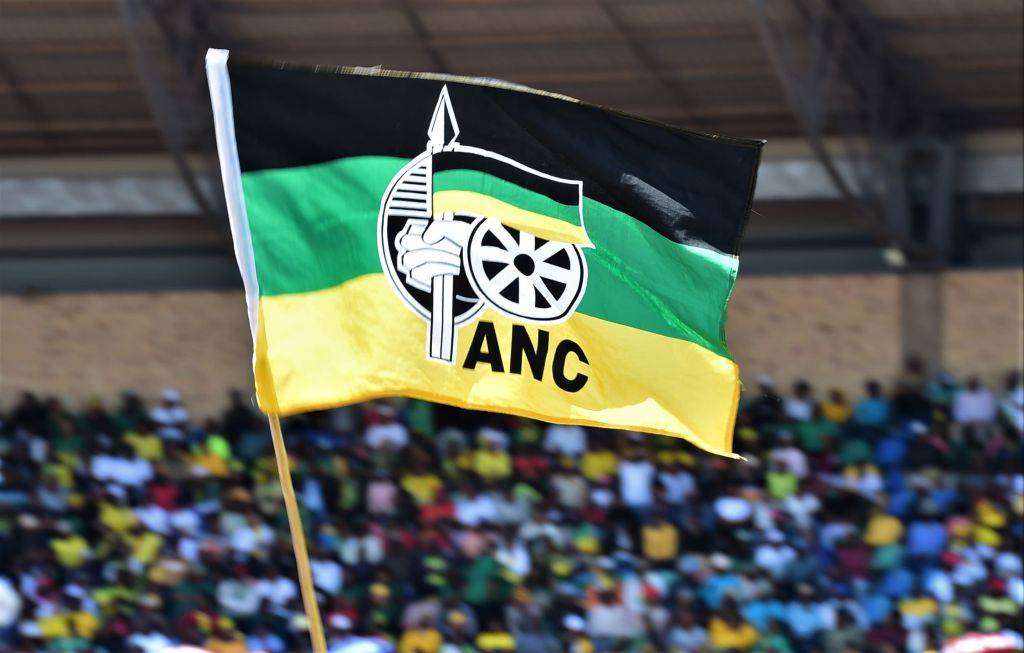A short cease-fire in Sudan has finished, with fighting breaking out in Khartoum and surrounds minutes later, witnesses say. Unrest has also affected regions beyond the capital.
Fighting between government forces and a rival paramilitary force broke out again on Sunday in the Sudanese capital, Khartoum, after a 24-hour cease-fire ended, witnesses said.
The country had seen deadly fighting since mid-April when clashes erupted between forces loyal to army chief and de facto leader Abdel al-Burhan and fighters commanded by his former deputy, Mohamed Hamdan Daglo, known as Hemeti, who leads the Rapid Support Forces (RSF).
The latest cease-fire deal had provided a rare lull in fighting for civilians in the capital and allowed them to stock up on food and other essential supplies.
Shelling and gunfire were heard again in Khartoum and its twin city of Omdurman just 10 minutes after the truce ended at 6:00 am (0400 UTC/GMT) on Sunday, witnesses told the French news agency AFP.
What is the situation in Sudan?
War between Sudan’s army and the RSF broke out on April 15, as the two military groups that once teamed up to depose a council trying to restore democratic rule turned on each other and started vying for control. Sudan is currently ruled by a so-called Transitional Sovereignty Council, a military junta headed by al-Burhan.
The conflict has displaced more than 1.9 million people both internally and externally and triggered a major humanitarian crisis. More than 1,800 people have been killed in the fighting, according to the Armed Conflict Location and Event Data Project.
A number of truces have been agreed and broken since the fighting started. The latest was brokered by US and Saudi mediators.
Although Khartoum has been the hub of fighting, fighting has also spread to other areas of the northeastern African country, notably the western Darfur region, which is still suffering from a conflict that hit its high point in the early 2000s.
The situation in the city of El Geneina, near the border with Chad, is also deteriorating, residents and activists say, with new waves of attacks by RSF-associated Arab nomadic tribes.
El Obeid, the capital of North Kordofan State, southwest of Khartoum is also reportedly effectively under a state of siege, with supplies of food and medicine cut off.
The whole Kordofan region is an important agricultural area.
tj/lo (Reuters, AFP)




















Discussion about this post